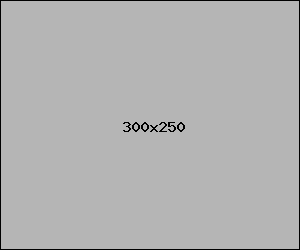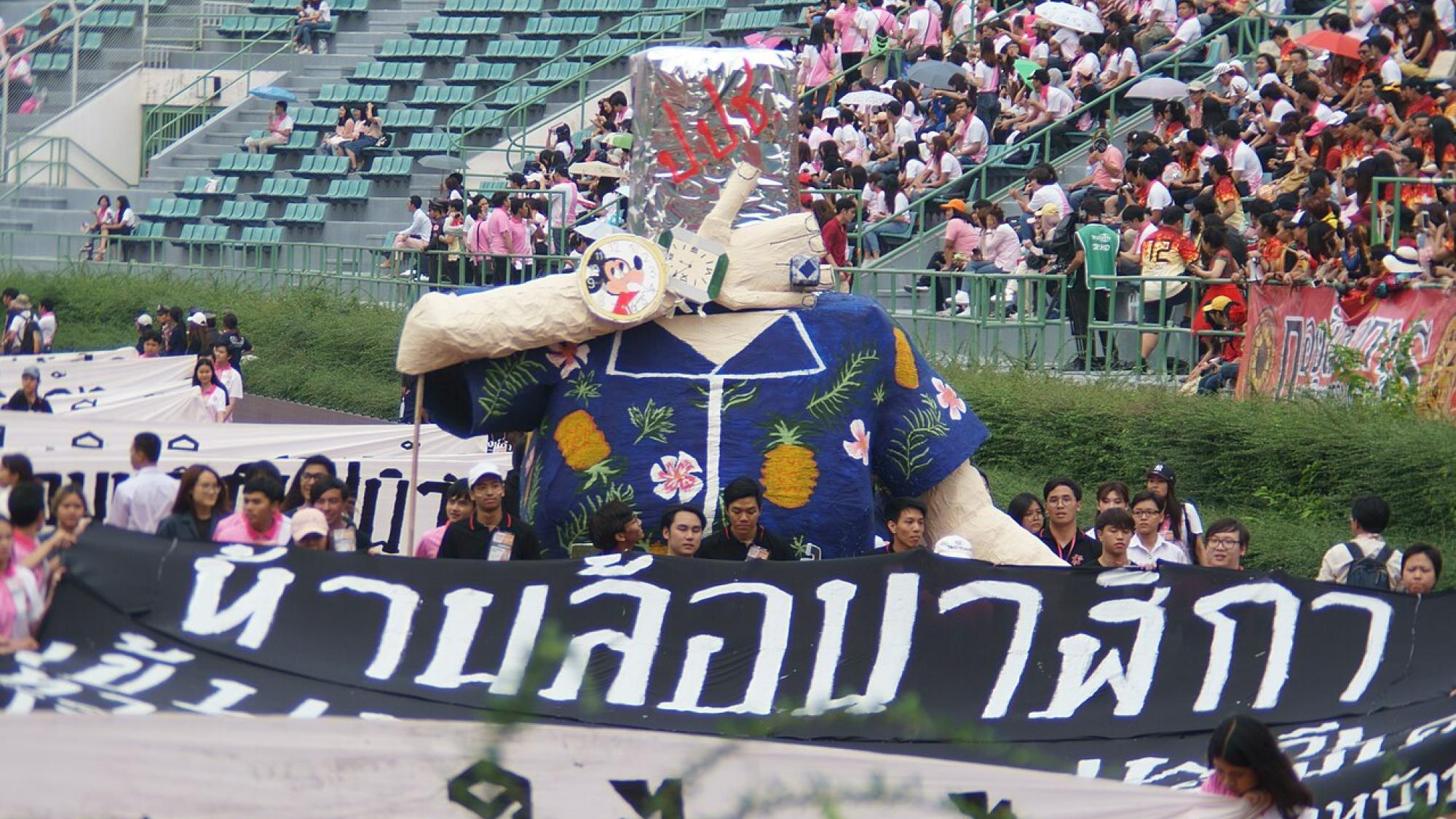TL;DR:
This video investigates claims of bias and unfair officiating during the 1966 World Cup. It analyzes controversial incidents involving Argentina, Uruguay, and Brazil, concluding that while some questionable calls were made, accusations of a deliberate conspiracy lack robust evidence. The most significant controversy centers around the disputed goal in the final match.
Key Takeaways:
- The video scrutinizes allegations of biased refereeing against South American teams, focusing on pivotal matches: Argentina vs. England and Uruguay vs. West Germany, along with Brazil's unexpected early exit from the tournament.
- An analysis of Antonio Rattín's sending off in the Argentina vs. England match reveals that, although the referee's language barrier played a role, Rattín's repeated misconduct warranted his ejection.
- Claims of a deliberate conspiracy are disputed, with the argument that inconsistent refereeing exists, but the evidence fails to support a coordinated effort to favor England.
- The video emphasizes the poor training conditions provided to Argentina and Brazil as a legitimate concern regarding the tournament's organization.
- Scientific analysis of the controversial final goal scored by Geoff Hurst indicates that the ball likely did not fully cross the goal line.
- A crucial missed handball call during the England vs. West Germany final, which contributed to a German goal, is highlighted as another instance of questionable officiating.
Image Credit:
Public domain in the United States.






